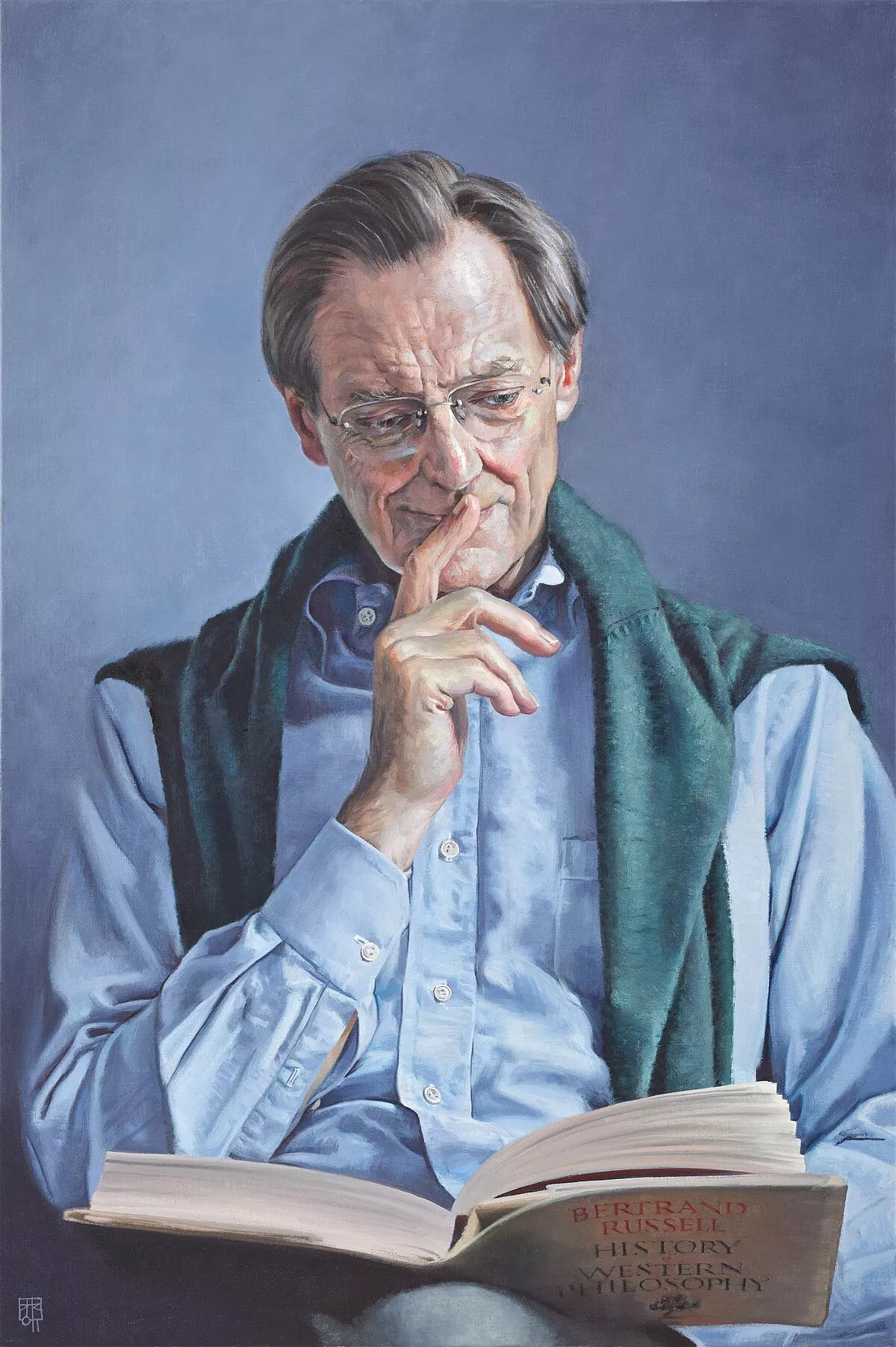 1.
1. Quentin Skinner is regarded as one of the founders of the Cambridge School of the history of political thought.

 1.
1. Quentin Skinner is regarded as one of the founders of the Cambridge School of the history of political thought.
Quentin Skinner has won numerous prizes for his work, including the Wolfson History Prize in 1979 and the Balzan Prize in 2006.
Quentin Skinner is the Emeritus Professor of the Humanities and Co-director of The Centre for the Study of the History of Political Thought at Queen Mary University of London.
Quentin Skinner was born near Manchester, the second son of Alexander Skinner and Winifred Skinner, nee Duthie.
Quentin Skinner was educated at Bedford School from the age of seven.
Quentin Skinner is an Honorary Fellow of both Christ's College and Gonville and Caius College.
Quentin Skinner was appointed to a lectureship in the Faculty of History at the University of Cambridge in 1965.
Quentin Skinner was appointed to the post of Regius Professor of History in 1996, and in 1999 as pro-vice-chancellor of the university.
Quentin Skinner was previously married to Patricia Law Skinner, who was later married to the philosopher Bernard Williams.
Quentin Skinner has delivered a number of named lecture series, including the Gauss Seminars at Princeton, The Carlyle Lectures at Oxford, The Messenger Lectures at Cornell, The Tanner Lectures at Harvard, the Ford Lectures at Oxford, the Clarendon Lectures at Oxford, the Clark Lectures at Cambridge and the Academia Sinica Lectures in Taiwan.
Quentin Skinner has been a Fellow of the British Academy since 1981, and is a foreign member of a number of national academies, including the American Academy of Arts and Sciences, the Academia Europaea, the American Philosophical Society, the Royal Irish Academy, the Accademia Nazionale dei Lincei, the Osterreichische Academie der Wissenschaften, and the Royal Danish Academy.
Quentin Skinner has been the recipient of Honorary Degrees from the University of Aberdeen, University of Athens, University of Chicago, University of Copenhagen, University of East Anglia, Harvard University, University of Helsinki, Katholieke Universiteit Leuven, University of Kent, University of Oslo, University of Oxford, Adolfo Ibanez University, University of St Andrews and Uppsala University.
Quentin Skinner was awarded the Wolfson History Prize in 1979, the Sir Isaiah Berlin Prize of the British Political Studies Association in 2006, the Benjamin Lippincott Award, the David Easton Award of the American Political Science Association, the Bielefeld Science Award and a Balzan Prize.
Quentin Skinner takes Austin to have extended Wittgenstein's argument in isolating the concept of a speech act, which is described by Quentin Skinner as the notion that "whenever we use language for purposes of communication, we are always doing something as well as saying something".
Quentin Skinner consequently proposes a form of linguistic contextualization that involves situating a text in relation to other texts and discourses.
Quentin Skinner believes that ideas, arguments and texts should be placed in their original context.
Quentin Skinner has written a book on Niccolo Machiavelli, three books on Thomas Hobbes, and his Foundations of Modern Political Thought covers the whole period.
Quentin Skinner has specifically been concerned with the emergence of modern theories about the nature of the state, and with debates about the nature of political liberty.
When Quentin Skinner was interviewed by Alan Macfarlane, as part of his series of online conversations with academics, Quentin Skinner admitted that he had been a member of the Cambridge Apostles, a secret debating society at Cambridge University.
Quentin Skinner revealed that Amartya Sen was a member at the same time.
Quentin Skinner commented that they had both been "outed" in a book published about the Apostles sometime before.
On 14 May 2009, Times Higher Education, in an article about Quentin Skinner's move from Cambridge to the University of London, spoke of Quentin Skinner's republicanism, reporting that this led him to refuse a knighthood he was offered when he became Regius Professor of History at Cambridge.
The Quentin Skinner fellow holds a visiting fellowship at the Centre for Research in the Arts, Social Sciences and Humanities for one term of the academic year, which culminates in the Quentin Skinner Lecture and an associated symposium.